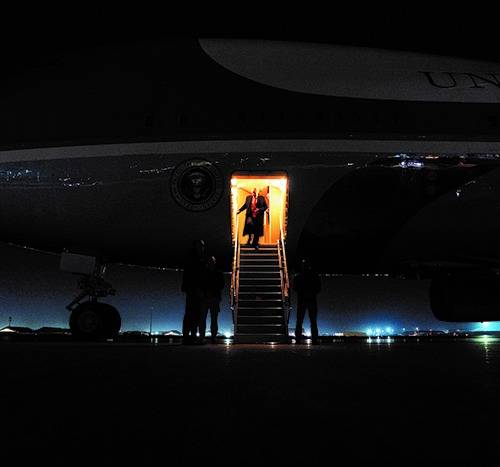This article appears in the Witness section of the Winter 2019 issue of the New Humanist. Subscribe today.
As the clock ticked towards midnight on Monday 21 October, equality campaigners in Northern Ireland celebrated. At that moment, laws extending abortion and marriage rights came into force. This brings Northern Ireland into line with the rest of the UK, where same-sex marriage has been allowed since 2014 and where abortion is decriminalised. Until now, abortion was only permitted in Northern Ireland if a woman’s life was at risk or there was a danger of permanent or serious damage to her physical or mental health. The ban had been preserved due to the power of religious and social conservatives in Northern Ireland.
The new legislation obliges the UK to ensure regulations for free, legal and local abortion services are in place by 31 March 2020. It also imposes a moratorium on criminal prosecutions, halting police investigations into abortion cases. This includes a case against a mother who faced jail for buying abortion pills for her 15-year-old daughter. The bill puts the House of Commons on track to legislate for marriage equality by January 2020, paving the way for same-sex couples to wed from February onwards.
For years, the hard work of campaigners has been stymied not just by intransigence from the religious conservatives who dominate politics, but by a political vacuum at Stormont, which has not sat since January 2017 after a dispute between the DUP and Sinn Féin. The Conservative government at Westminster, reliant on DUP votes, declined to intervene, saying it was a matter for devolved government. In July, two Labour MPs, Stella Creasy and Conor McGinn, tabled amendments on abortion and same-sex marriage to an otherwise technical legal bill about Stormont. MPs overwhelmingly voted in favour of both. Monday 21 October was the last day on which opponents of the changes could restore Stormont and avert the legislation. Despite efforts by the DUP, this did not work.
“For the first time, women in Northern Ireland will be able to make their own choices about their bodies without fear of being prosecuted for doing so,” said Northern Ireland Humanists coordinator Boyd Sleator. “LGBT people will be allowed to legally marry the person they love after years of being treated terribly by politicians and religious organisations who have conspired together to deny them their human rights. This is a huge day for them, and we celebrate in unity with all LGBT people.”
But he also sounded a note of caution. “Work has not finished: over the coming months we need to closely watch the legislation to ensure that these rights promised to women and LGBT people are delivered in full.”

